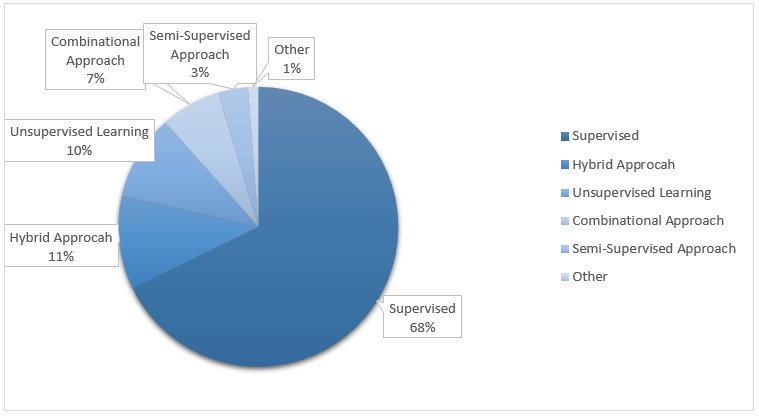Generative AI in Chemical Market Seen Soaring 28.3% Growth by 2030, Projects Univdatos Market Insights
- Vikas Kumar
- November 15, 2023
- NEWS, TELECOM & IT
- Generative AI in Chemical, Generative AI in Chemical Market, Generative AI in Chemical Market analysis, Generative AI in Chemical Market forecast, Generative AI in Chemical Market growth, Generative AI in Chemical Market share, Generative AI in Chemical Market trends
- 0 Comments
Key Highlights of the Report:
- Generative AI models can be used to optimize chemical processes, such as reaction optimization and process design, by predicting the performance of new designs and identifying areas for improvement.
- By automating the process of material discovery and optimizing the properties of materials through simulation, generative AI models can reduce the time and resources required for chemical synthesis and production.
- Generative AI models can be used to accelerate the development of new drugs and materials, allowing companies to bring products to market more quickly and efficiently.
- Generative AI models can be used to develop new materials with improved mechanical properties and gas barrier properties, which can reduce the amount of material required and improve the recyclability of products.
- Generative AI models can be used to predict the safety and toxicity of new materials, allowing companies to develop safer and more environmentally friendly products.
According to a new report by Univdatos Market Insights, The Generative AI in Chemical Market was valued at 1.2 billion in 2022 and is expected to grow at a steady rate of around 28.3% in the forecasted period (2023-2030) owing to the advancements in technology. Generative AI in the chemical industry refers to the use of AI models that can generate new chemical compounds or predict their properties. These models are trained on large datasets of known chemical compounds and their properties, allowing them to make predictions about new compounds and suggest potential applications for them. The growing demand of optimize chemical processes and reduction of waste is fueling the market.
Access Sample PDF Here- https://univdatos.com/get-a-free-sample-form-php/?product_id=47876
The chemical industry is constantly looking for new and innovative compounds to develop new products and improve existing ones. Generative AI can help accelerate this process by identifying potential candidates for further study and suggesting new applications. Moreover, generative AI models can be trained on large datasets of known chemical compounds and their properties, allowing them to make predictions about new compounds and suggest potential applications for them. Therefore, the need for predictive modeling is accelerating the growth of the market.
Some of the recent developments are:
- In 2021, In Japan, researchers at the Tokyo Institute of Technology used generative AI models to design new materials for use in lithium-ion batteries, resulting in materials with improved performance and efficiency.
- In 2021, In the United States, researchers at the University of Michigan used generative AI models to optimize the process of making lithium-ion batteries, resulting in a more efficient and cost-effective process.
- In 2022, the German government announced a €1 billion investment in AI research and development, as part of its AI Strategy. The investment is aimed at supporting the development of AI technologies in areas such as healthcare, transportation, and manufacturing.
- In 2022, the US government announced a $2 billion investment in AI research and development, as part of its AI Initiative. The investment is aimed at supporting the development of AI technologies in areas such as healthcare, transportation, and national security.
- In April 2023, Mitsui Chemicals and IBM Japan joined forces to integrate IBM Watson Discovery with the generative AI known as the Generative Pre-trained Transformer (GPT) to speed up and improve the discovery of new applications. By using digital transformation (DX) to enhance business operations, this collaboration aims to increase sales and market share for Mitsui Chemicals’ products.
- In May 2023, Recursion, a leading TechBio company in the clinical stage that utilizes biology to industrialize drug development, announced the acquisition of two businesses in the field of AI-powered drug discovery: Valence and Cyclica.
Conclusion
Generative AI has the potential to revolutionize the chemical market by accelerating the discovery and optimization of materials, improving process efficiency, reducing costs, increasing productivity, improving sustainability, and enhancing safety. The use of generative AI models to design new materials with improved properties, such as energy density and mechanical properties, can lead to the development of more efficient and sustainable chemical products. Additionally, generative AI models can be used to optimize chemical processes, reduce waste, and improve the recyclability of products.



